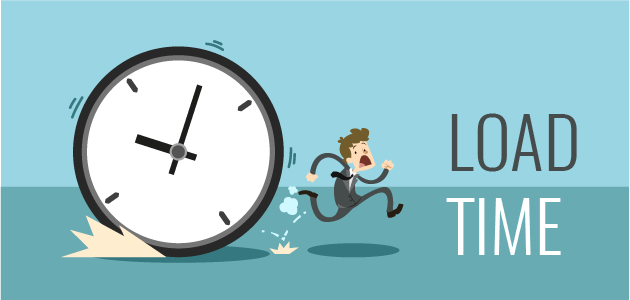Technika Valley IT Solution: Website Company in Bihar, Conversion
and sales in e-commerce business hinges on two things- effective marketing structure
and website ranking. Leaving the former aside for another time, today, in this
write-up, we are going to discuss the latter, i.e., website ranking for
e-commerce sites. E-Commerce Website ranking is indispensable for any online
shop owner to get higher visibility. In fact, 34% of all the online shoppers go
to search engines like Google, Yahoo, and Bing for product search. In order to
target this shopper community, it is inescapable that the e-commerce business
owners strategize their action plans to get higher keyword ranking on various
search engines. Read on and follow these points to see your e-commerce website
ranking going up.
Effective Keyword and Research
Keywords are the crux of SEO and help in driving organic traffic to Google
online shopping website. The keywords research for homepage and product page
should be done with the content, being published there, in mind. Keyword
cannibalization, i.e., targeting the same keyword for multiple pages should be
avoided. Focus on your competitors’ keywords and avoid using the ones that are
targeted by competitors with higher DA (Domain Authority) or PA (Page
Authority). Tools like SEOmoz Keyword Tool and Google AdWords Keyword Tool can
be used to perform effective keyword research and ultimately gain higher
website ranking on Google and other search engines.
On-Page Optimization
On-page optimization plays a main role in getting higher ranking
of an e-commerce website. The good thing is that you can easily control on-page
optimization by keeping in mind things like keyword optimization, internal
linking, adding rich snippets etc. Each page of the site should be effectively
optimized so that the search engine spiders can easily crawl through the pages
and rank it higher. Structuring the site, improving the usability, adding
customer reviews, and updating the e-commerce site to a more responsive version
are proven to be beneficial in on-page optimization. Proper categorization of
all the products and optimized images with Alt tags can also come handy while
performing on-page optimization for higher ranking.
Social Media Optimization
Social signals account for 7%-10% of the organic search
algorithms, confirms the two search engine giants Google Yahoo and Bing.
Getting the social media following on the website is instrumental in gaining
higher ranking on the search engines as well. Promote your e-commerce business
on social media platforms like Facebook, Twitter, Google+, LinkedIn, Instagram,
Pinterest etc., to get the traffic to your website in a short time. The tweets,
likes, shares, comments, views, +1s etc., are detrimental increasing the social
signals. Incorporate social sharing icons on all the e-commerce pages and get
as many people to share the content on social media sites as possible. You can
also add Facebook Fan Box to encourage comments.
Publish More Content
Content is one of the fundamental pillars of Search Engine
Optimization(SEO) and the case is no different when trying to get higher ranking
for e-commerce sites. Remember, search engines love getting fed with unique,
informative, relevant and fresh content. The keywords researched in the first
point should be the base of the content you write to get higher visibility on
search result pages. Any type of duplicate content should be avoided and
qualitatively rich content should be posted on the page. Regular blogging
strategy with relevant keywords and e-books publication could be a great way to
get more traffic on the site through various sharing means. Google Penguin
gives utmost value to rich and lengthy content (1,500-1,800 words per page
approx.), so try to make your blog posts accordingly.
- Boost Page Load Time
According to a search engine Google “A
single second delay in your website loading time can result in a 7% loss in
conversion, and 40% of web users will abandon a website if it takes longer than
3 seconds to load.” This makes speed a supreme factor in determining the
conversions and bounce rate. Boosting the page load speed is the perfect answer
to the question ‘how to improve page rank for e-commerce websites’. As an
e-commerce site has a number of pages with products displayed through high-quality
images, the page load speed of the website tends to slow down and this may
affect the website ranking in Google. Reduce the size of the components on the
website, deploy faster servers and use better techniques to fetch data for
improving the website ranking.



Comments
Post a Comment